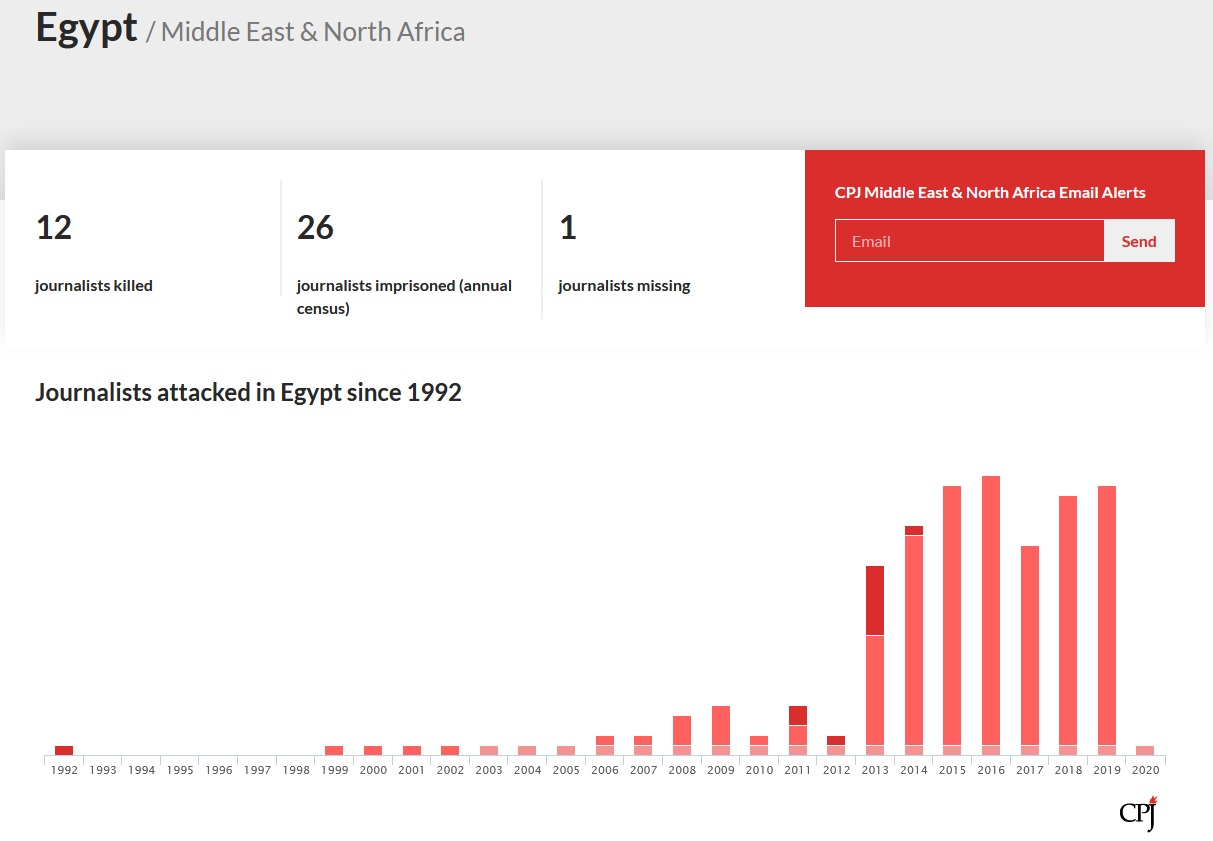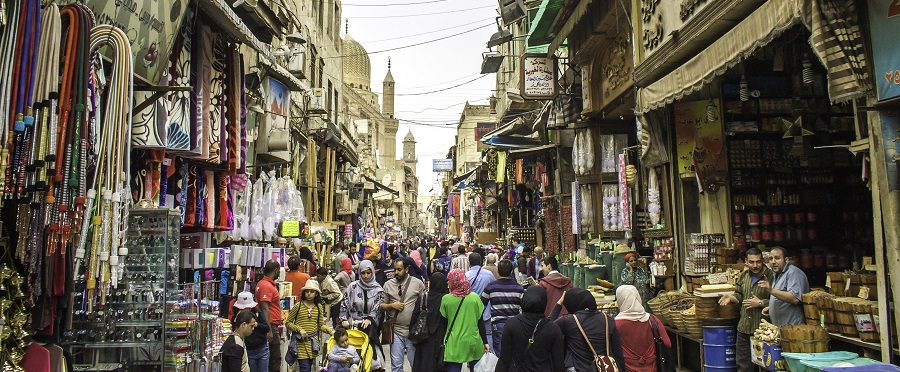“Everyone has the right to life, liberty and security of person” the Universal Declaration of Human Rights (1948), Art. 3 recites. This appears not to …

L'œil de la Maison des journalistes
Liberté d'informer & Accès à l'information

“Everyone has the right to life, liberty and security of person” the Universal Declaration of Human Rights (1948), Art. 3 recites. This appears not to …

“Everyone has the right to life, liberty and security of person” the Universal Declaration of Human Rights (1948), Art. 3 recites. This appears not to …